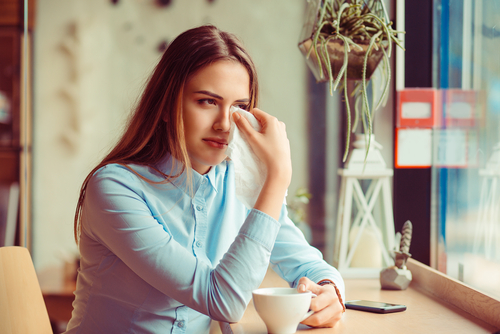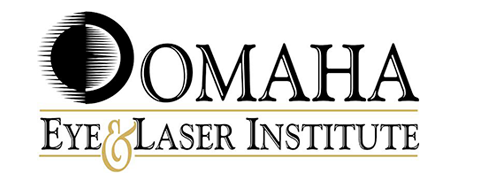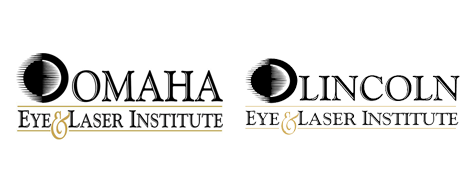
Do you find that your eyes feel dry while you wear contacts? Are your eyes uncomfortable when you look at screens for too long?
This could mean that you are experiencing dry eye. Keep reading to find out more about this debilitating eye condition!
What Is Dry Eye?
Dry eye is a very common condition. Dry eye can occur for several reasons. You could not be producing enough tears, or you produce tears that are low-quality. There are many reasons why your tears don’t work as they should.
What Are The Symptoms Of Dry Eye?
Some of the symptoms of dry eye are:
- Sensitivity to light
- Eye redness
- Stinging or burning in your eyes
- Mucus in or near your eyes
- Feeling like there’s something in your eyes
- Blurry vision
- Watery eyes
- Eye fatigue
- Challenges driving at night
- Difficulty wearing contacts
If your eyes don’t feel right, it could be dry eye. Even if it’s not dry eye, you should get it checked out by your eye doctor.
When Should You See A Doctor For Dry Eye?
If you have been experiencing these symptoms for a while, you should see a doctor. Seeing a doctor is important if you have irritated, red, fatigued, or painful eyes.
Dry eye can cause eye pain. The eye pain can feel sharp or like a constant stinging. There are a lot of nerve endings in your cornea, making it a sensitive place when damaged.
Dry eye can damage your cornea. If you’ve been experiencing any of these symptoms, you should see your doctor.
What Are The Causes Of Dry Eye?
Dry eye occurs because you are not producing proper tears. Tears are made of water, mucus and fatty oils.
This combination makes the surface of your eye clear and smooth. It also protects your eyes from getting infected. Some causes are:
Decreased Tear Production:
Decreased tear production occurs when you can’t produce enough tears. Some causes are aging, medical conditions, specific medications, LASIK or other laser eye surgeries. You may also suffer damage to the tear gland.
Higher Tear Evaporation:
Higher tear evaporation can happen because of environmental factors like dry air, smoke, or wind. It could also be due to a reduction in blinking.
This will often occur if you’re concentration on driving or looking at screens. You may also have eyelid issues that deal with how your eyelids were created.
Tear Composition:
If you don’t have the correct tear composition, your tears won’t work as they should. Tears need to have oil, water, and mucus to hydrate and lubricate your eyes.
If you don’t have the proper composition, you could end up with dry eye.
What Is The Treatment For Dry Eye?
Treating dry eye depends on several different factors. The main factor is treating the root cause of your dry eye. For many people, it can take several combinations to find the right treatment.
Some ways to treat dry eye include eye drops, artificial tears, punctal plugs, warm compresses, and more. Your doctor will work with you to figure out the best treatment.
What Are Ways To Prevent Dry Eye?
The best way to deal with dry eye is to not have it at all! You can prevent dry eye by making a few easy lifestyle changes.
During the winter, avoid air blowing into your eyes. You should also increase moisture levels in the air with humidifiers.
This may mean buying them for your home and your office. If you know you’ll be outside, wear protective eyewear.
When you are using the computer or digital devices, take frequent breaks to blink. Looking at screens is one of the best ways to stop blinking.
If your eyes feel dry, keep artificial tears or eye drops on hand to keep them lubricated.
Do you think your eye pain is related to dry eye? Getting your dry eye treated is the best way to find out. Schedule an appointment at Omaha Eye & Laser Institute in Lincoln, NE!





